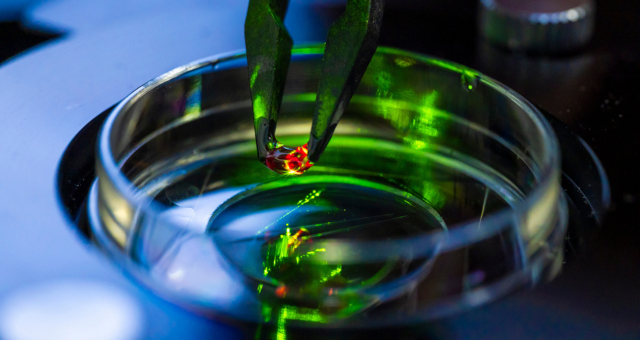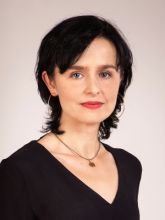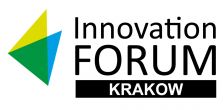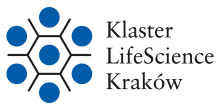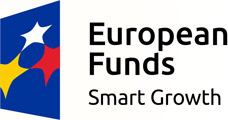search contract research

Department of Medical Physics Faculty of Physics, Astronomy and Applied Computer Science Jagiellonian University
keywords: medicine, pharmacy, advanced materials, 2D and 3D imaging, testing of materials, Mössbauer
offer number: 83
research topics:
- basic research of iron porphyrins (learning processes of ion and electron transport at the molecular level),
- mobility of nanoparticles in organic matter
- structure of the magnetic nanoparticles in protein gels under the influence of the external magnetic field,
- imaging and modeling of the structure of the internal temporal bone,
- physiological and pathological mineralization of human tissues,
- study of the microstructure of metal foams,
- morphology of root canals in human teeth,
- impact of obesity on microstructure of rat bones,
test equipment:
- SkyScan 1172 micro-CT (determination of the structure of objects with a maximum diameter of 6 cm and height of 9 cm; the software to reconstruct the object from the measured projection and its three-dimensional visualization),
- system for Mössbauer spectroscopy (two modern Mössbauer spectrometers with helium cryostat, measurements in the temperature range from 2.2 K to 300 K),
- mass spectrometer TOF-SIMS (Time-of-Flight Secondary Ion Mass Spectrometry),
- spectrometer to infrared study FTIR,
- lab for cell culture,
comercial research:
- Mössbauer measurements using radioactive 57Co source,
- investigation the extent of mobility of nanoparticles in organic matter,
- testing the biological effects induced by magnetic fields at the cellular level,
- biomedical imaging - analysis of the internal structure of bones, physiological and pathological mineralization of human tissues and microstructure of metallic foams,
- testing of materials of biological origin by mass spectrometry (atomic / molecular composition, 2D and 3D imaging),
- spectroscopic characterization of biological materials (metal porphyrin complexes, healthy and pathologically changed tissues),
- imaging with high resolving power of the internal structure of the temporal bone by means of X-ray microtomography,
- studies of the magnetic relaxation processes in the iron porphyrins,
- creating a new class of organometallic composite materials in the form of three-dimensional structures of magnetic nanoparticles in protein gels,
- development of new diagnostic tools (e.g. by demonstrating the activity of the trypsin enzyme in hydrolysis of amino acid chains on silicon surfaces),
Methods and research techniques:
- computer microtomography,
- Mössbauer spectroscop,
- cell culture,
variants of cooperation: contract research, project, consortium
type of services: analysis, devices for rent, expertises
information / broker of Jagiellonian University

name and surname:
phone number: + 48 12 664 42 00
email: cittru@uj.edu.pl

